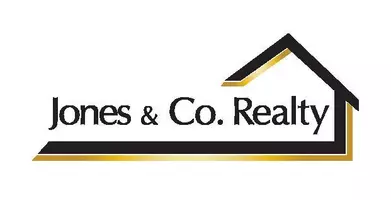Understanding Second Homes vs Primary Residences

When it comes to buying a second home, many buyers often wonder if it's possible to make it their primary residence. The short answer is you cannot legally have two primary residences. Even if you split your time equally between two places or in between places while relocating for work, the IRS requires you to list one property as your primary residence.
Understanding Second Homes vs Primary Residences
A second home is a property where the owner spends part of the year. In contrast, a primary residence is the property where the owner lives for the majority of the time. The thing to remember about a second home is that it can’t be your primary residence, both for legal reasons and tax reasons. Even if you live in both houses for 6 months out of every year, the Internal Revenue Service and your mortgage lender will still insist that only one of your homes can be considered your primary residence. The main difference between the two is occupancy status.
Why Does Occupancy Status Matter?
Occupancy status matters because it affects how lenders view the property. A primary residence is viewed as less risky than a second home or an investment property. This is because the owner is more likely to prioritize paying the mortgage on their primary residence. In the event of financial hardship, the owner is more likely to sell their second home or investment property before defaulting on their primary residence. For that reason, your mortgage lender will want you to have a higher credit score before they consider you for second home financing. Typically, your mortgage lender will also charge a higher interest rate and require a larger down payment for a second home compared to your primary residence. The IRS is also particular about the primary residence versus second home definition because it changes how capital gains are taxed.
Can a Second Home be a Primary Residence?
Yes, a second home can become a primary residence. For eligibility, you have to meet the IRS qualifications for a primary residence, which is that the home was used as your primary residence for 24 months out of the previous 5 years. If you're interested in making your second home your primary residence, it's important to talk to your lender. They can help you understand the requirements and guide you through the process. Keep in mind that making a second home your primary residence may affect your taxes, so it's important to consult with a tax professional as well.
Categories
- All Blogs 323
- 55+ Communities 9
- Boating Communities 9
- First Time Home Buyer 100
- Florida Lifestyle 66
- Foreclosures 2
- Fun Things to do in Lee County, Florida 36
- Golf Communities 21
- Home Buyer Tips 116
- Home Seller Tips 98
- Homeowner Tips 58
- Mortgage Tips 34
- Neighborhoods 59
- Schools 3
- Title & Escrow 2
- Title Insurance 4
Recent Posts
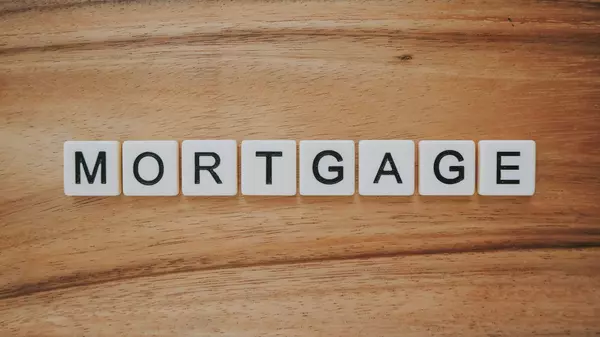
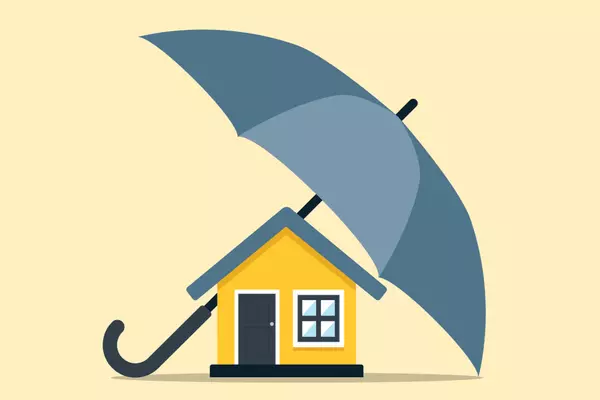
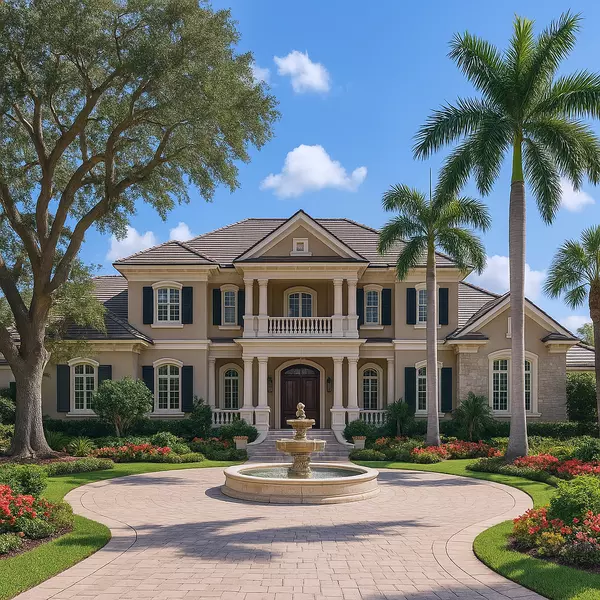
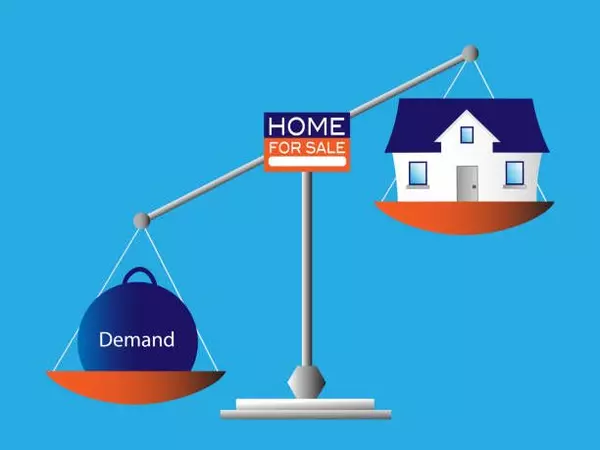

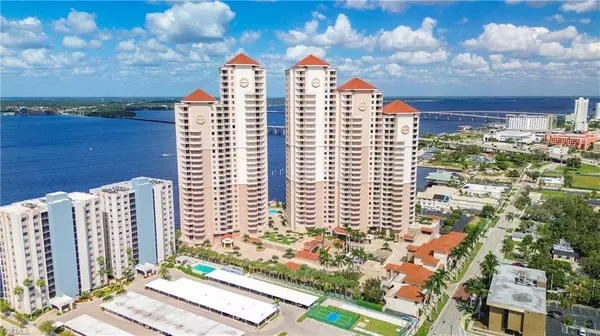
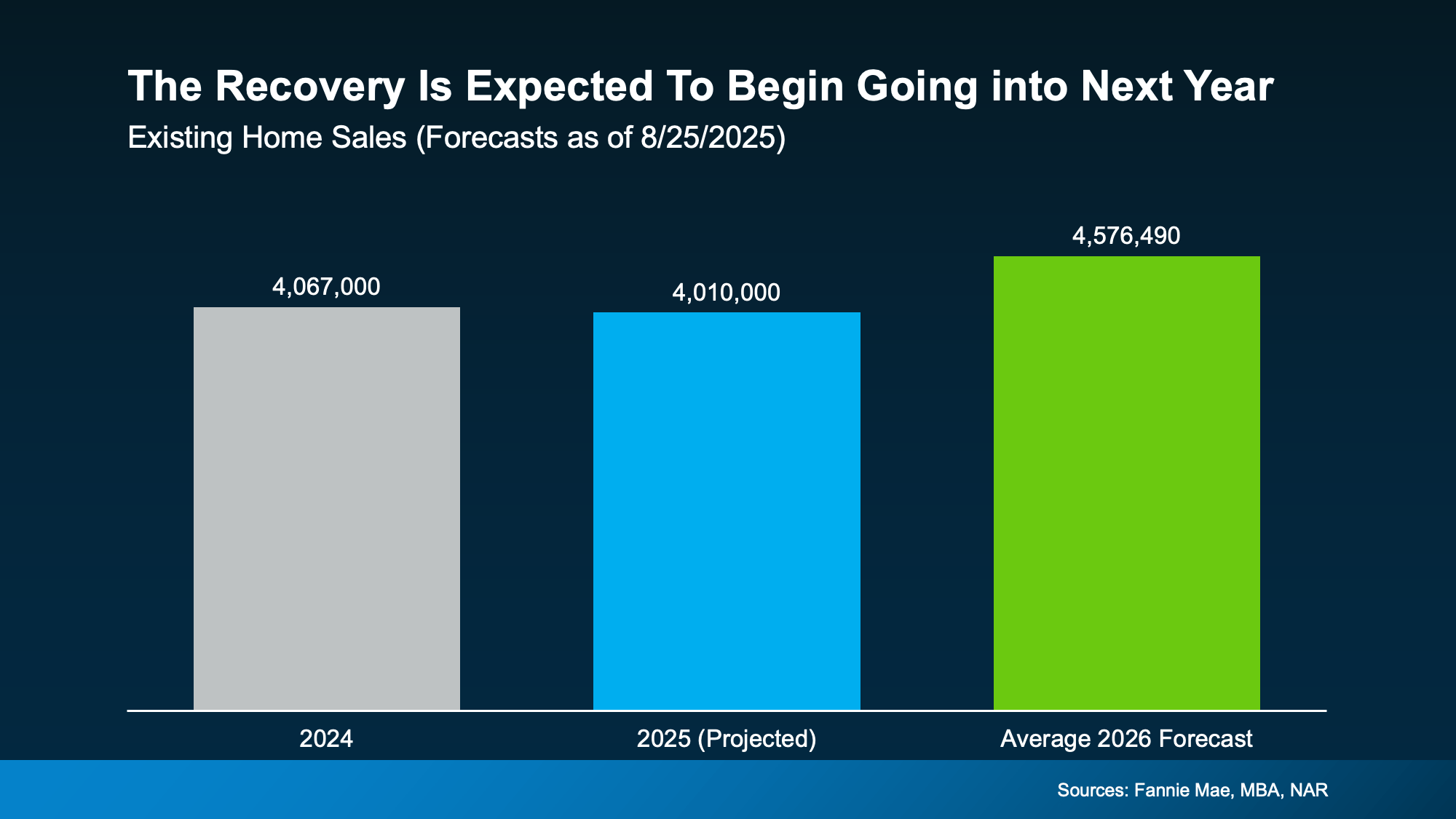
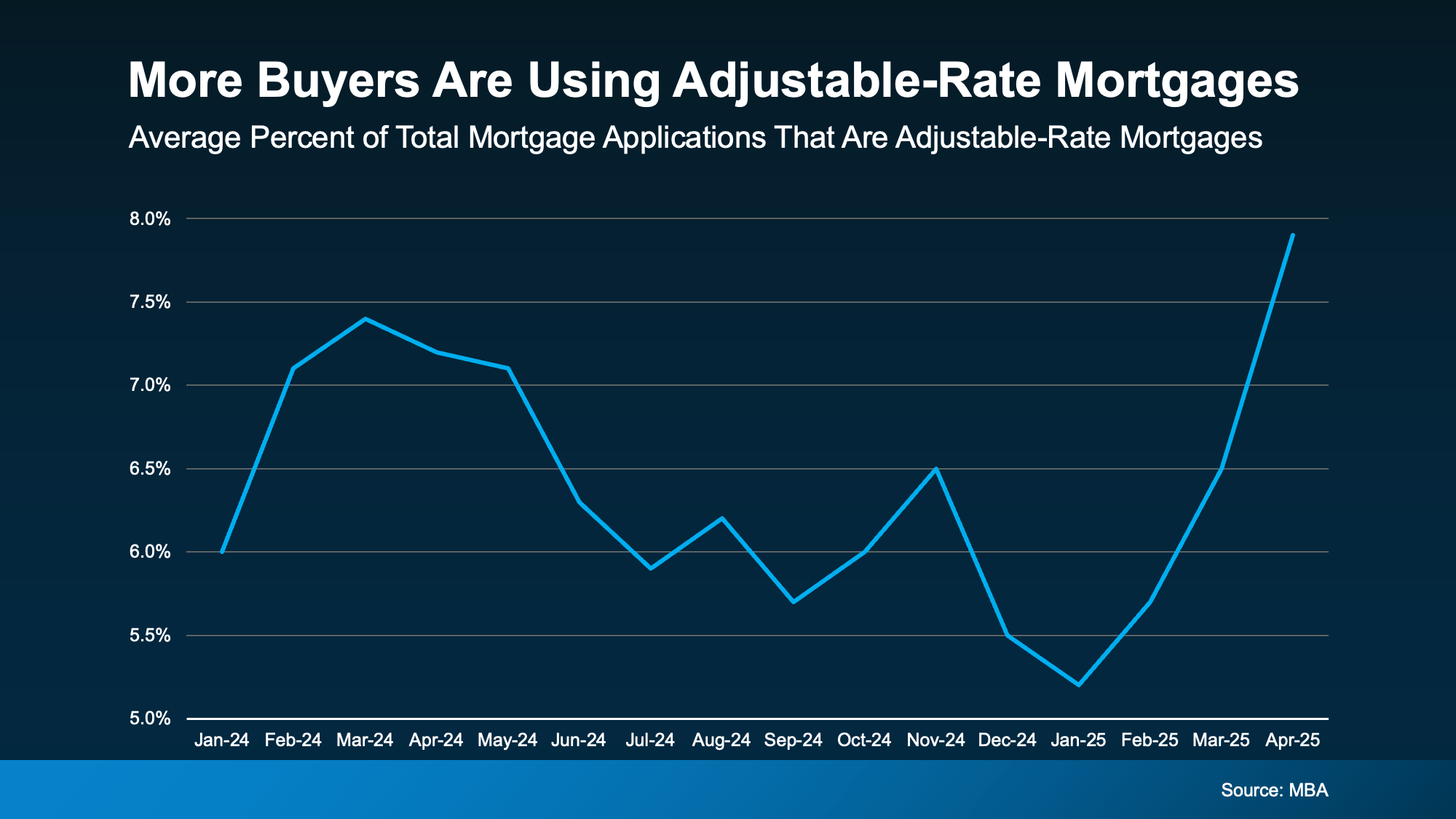
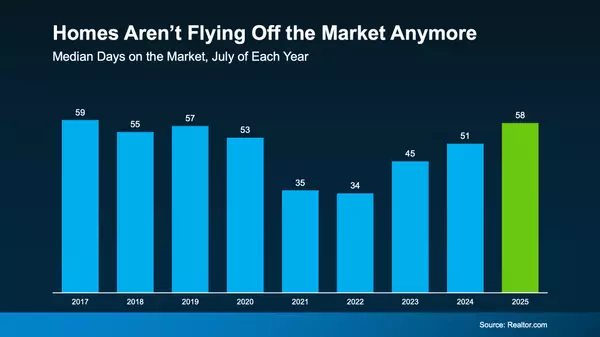
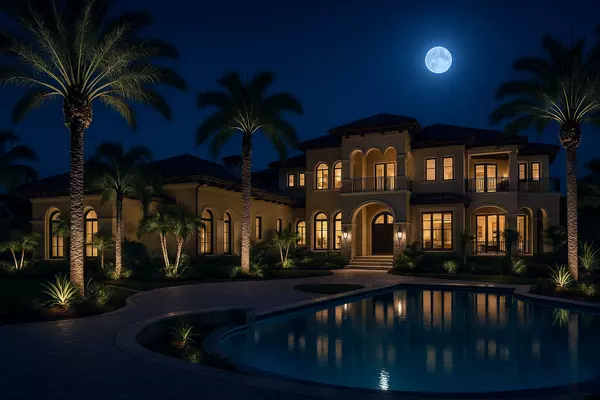
GET MORE INFORMATION

Billee Silva, PA, ABR SRS
Licensed Realtor | License ID: P3275278
Licensed Realtor License ID: P3275278
